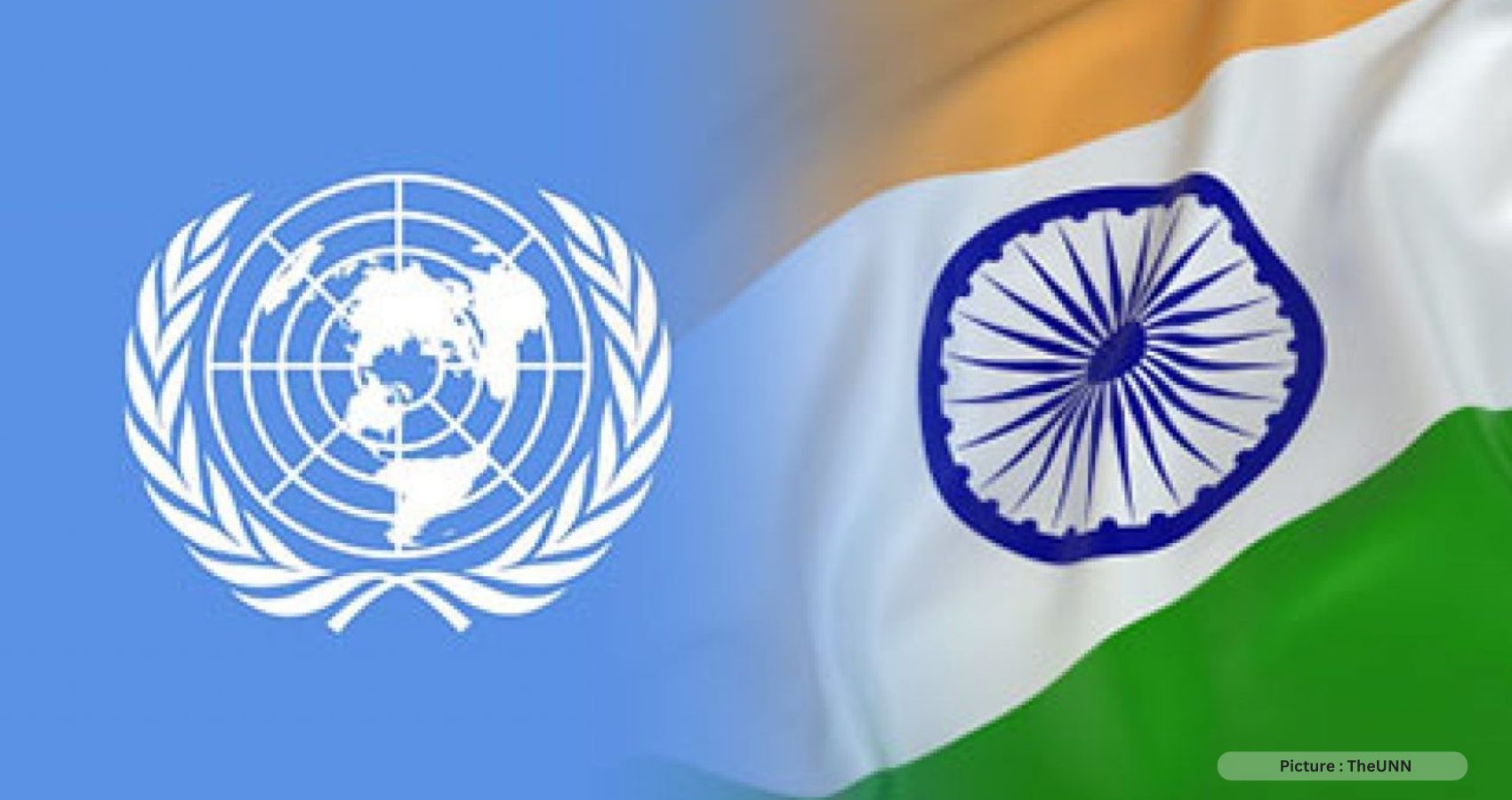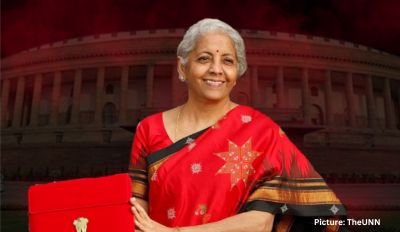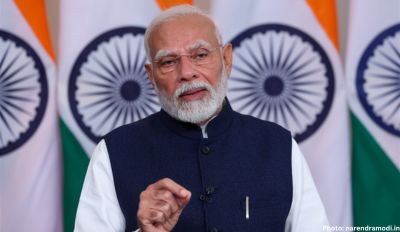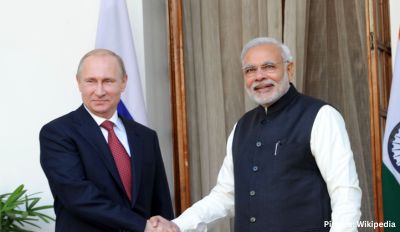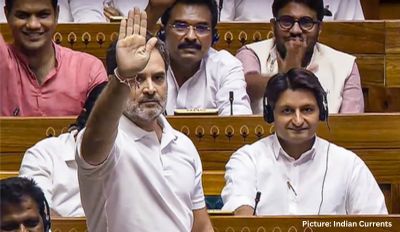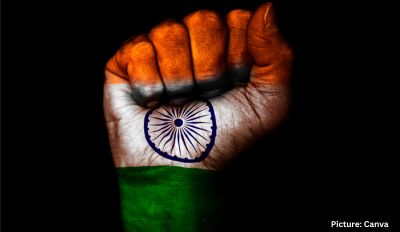In the complex realm of international diplomacy, India’s quest for a permanent seat on the U.N. Security Council and China’s persistent efforts to thwart it are deeply rooted in their ancient histories. As two of the world’s oldest continuous civilizations, their interactions are colored by centuries of mutual distrust, and their intentions are continually scrutinized.
Drawing inspiration from legendary grandmasters of statecraft, both nations have honed their strategies to navigate this complex geopolitical landscape. The enduring philosophies of India’s Chanakya and China’s Sun Tzu, even though they lived over two millennia ago, continue to shape their approach to international relations.
For India, the G4, a coalition formed in 2004 with fellow Security Council aspirants Japan, Germany, and Brazil, symbolizes a collaborative alliance of like-minded nations. In contrast, China perceives the G4 as a challenge to its established influence as one of the Security Council’s five permanent, veto-wielding members, alongside the U.S., the U.K., France, and Russia.
 These differing interpretations of the G4’s significance reflect the lessons drawn from their respective grandmasters. India’s adherence to Chanakya’s wisdom that “There is no friendship without self-interest” underlines its approach, while China draws on Sun Tzu’s advice that “Battles are lost when adequate calculations are not made in advance.”
These differing interpretations of the G4’s significance reflect the lessons drawn from their respective grandmasters. India’s adherence to Chanakya’s wisdom that “There is no friendship without self-interest” underlines its approach, while China draws on Sun Tzu’s advice that “Battles are lost when adequate calculations are not made in advance.”
Despite its growing global influence, India recognizes that securing a permanent seat on the U.N. Security Council requires the collective consent of all five current permanent members, including China. New Delhi has garnered support from all members except China. Beijing has adopted a shrewd strategy, indicating that it would support India’s bid only if it disengages from Japan.
China’s approach aligns with Sun Tzu’s famous dictum, “All warfare is based on deception.” The reality is that China is uneasy about India’s ascendance on the world stage. To counter this, China has been fostering a close relationship with Pakistan, using territorial disputes and territorial claims on Indian lands to exert pressure and maintain an edge. This mirrors Sun Tzu’s principle: “The best strategy is to break the enemy’s resistance without fighting.”
India, in response, has adopted a foreign policy stance of “strategic autonomy.” Following Chanakya’s counsel to “Attack and destroy your fear, as soon as it approaches,” New Delhi’s strategy involves confronting China where it is vulnerable before entering negotiations.
In recent years, India has positioned itself as a viable alternative to China for multinational manufacturers and has become integrated into U.S. strategic plans for the Asia-Pacific region. This strategic move has been so successful that the U.S. now refers to the region as the Indo-Pacific, demonstrating India’s influence. India’s commitment to building goodwill, particularly among Global South nations, is consistent with Chanakya’s advice that “A person’s goodness spreads in all directions.”
New Delhi’s diplomatic achievements, such as garnering support for the African Union to join the global body and facilitating consensus on important issues, underscore its readiness for a permanent Security Council seat. If the U.N. General Assembly voted today, India would likely secure the necessary two-thirds support due to its effective positioning as a spokesperson for the developing world.
Nonetheless, India must further advance its strategy to isolate China and question why it is pursuing this goal, as Chanakya advised. India needs to build consensus directly, refuting China’s claim of a lack of agreement regarding its accession. This could potentially place China “outside the global consensus,” a position Beijing strives to avoid.
In their diplomatic jockeying, Chinese President Xi Jinping’s absence from the G20 summit in New Delhi aimed to diminish India’s influence. Surprisingly, his non-participation did not sway other leaders’ decisions to attend. China is undoubtedly devising a response to rectify past missteps in its efforts to contain India.
In this process, India can draw inspiration from Sun Tzu’s wisdom: “If you know your enemy and know yourself, you don’t have to fear the result of a hundred battles.” Understanding China’s tactics and its own strengths is crucial for India as it navigates the intricate world of international diplomacy.

